Washington think tank: Europe's green development should trigger no to Nord Stream 2
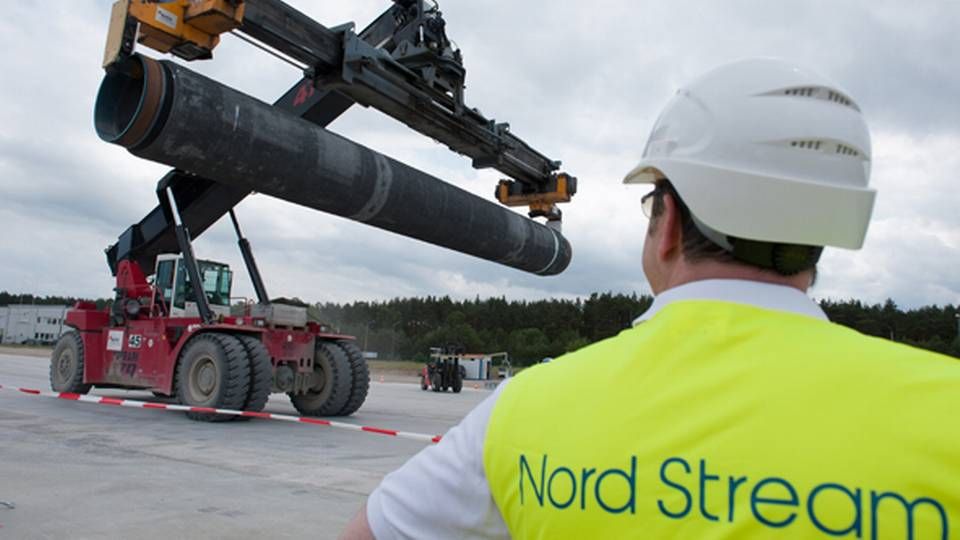
The recent years of huge renewable energy developments have made several Northern European countries self-sufficient in renewable energy, while energy prices are shrinking. Meanwhile, coal plants across the EU are closing down, and power plants in Germany have been taken out of production. All of this paints a picture of a new, more secure energy sector in Europe.
However, despite Europe's huge progress within renewables, energy continues to be a site of disagreement. Besides the fight for reduction targets and new regulations for utilities, the conflict regarding Russian gas pipeline Nord Stream 2 (NS2) continues.
Germany is for the pipeline, and Finland has approved it, while Sweden gave the plans the green light in June allowing it to run via Sweden's economic zone in the Baltic. This is despite the fact that the Swedish government is critical of the project.
There is a good reason to be critical, says director of US think tank Center for European Policy Analysis (CEPA) Peter B. Doran. He visited Copenhagen last week to speak to Danish authorities and students about the controversial Russian gas pipeline.
With the recent approvals, it seems the battle over NS2 is close to over, however, it is still possible to stop the project, says Doran, who has previously appeared before the Energy Committee in the US Congress and is an expert on European issues in US media.
"The question of NS2 remains unclear, and I still believe that it is possible for Europeans to collectively halt the project. Europeans should be aware of the huge consequences unleashed by an approval of Nord Stream 2. This pipeline is not an indication of diversifying the supply situation. It is not an indication that the market is functioning optimally. This pipeline is the opposite of that. It is designed to prohibit the liberalization otherwise taking off in the European energy markets. The gas pipeline is Putin's project and comes from a desire to make the EU more dependent on Russian natural gas," says Doran.
Danish Prime Minister Lars Løkke Rasmussen has, on several occasions, sought to get the EU Commission to develop a joint European position on NS2. The project is supported by the government in Berlin, which reasons that there is a need for more energy sources, as Germany is currently phasing out coal.
Eastern Europe will be flooded with Russian gas
North Stream 2 is also facing tough resistance from several other countries in the EU, particularly Poland, which accuses Russia of using its energy resources to oppress other countries.
Doran shares this concern.
"North Stream 2 is bad for Europe, it is bad for European solidarity and it will ultimately hurt free markets in Europe. Russia will keep pushing the argument that NS2 will increase the supply of cheap energy in Europe. But that doesn't align. NS2 will block alternative sources of energy. Russia will flood the existing European gas grid with cheap, Russian gas molecules. Molecules which will hinder competing gas from reaching markets east of Germany. This is Russia's plan – it wants to close the market and prevent competition on the East European gas market," says Doran.
The prospect of NS2 has long been a thorn in the side of the US government. US criticism of the project goes all the way back to the Obama administration, making it one of the few things on which Trump agrees with his predecessor.
Later in the year, the US congress will also negotiate two bills proposing sanctions against companies financing NS2 if the plans for the pipeline are not dropped.
This could hit some of Europe's largest utilities, including Shell, France's Engie, OMV in Austria and German utilities Uniper and Wintershall.
Climate change mitigation strengthens Europe
The fact that US opposition to Nord Stream 2 is steadfast across the US political spectrum is chalked up to US concern about Europe's ability to trade freely and as powerfully within energy supply, says Doran.
"Europe has a clear choice right now. Does it want a common approach the energy-political sphere throughout the EU, or does it want a split EU, in which Germany can take its own road in energy politics. I sincerely hope that Europeans are able to stick together in this situation and show that the EU is a robust construction that can remain unified in both energy security and energy politics. Europe managed to do that in the case of gas pipelines in southern and eastern parts of the continent, so it should also be possible with NS2, even if Germany stands in opposition. The EU should not be a union in which the large countries are able to get things as they want them," says Doran.
Could one not also argue that Germany is simply buying gas from the cheapest source and is thereby not choosing to buy expensive LNG from sources such as the US?
"Cheap Russian gas does not exist. Russian gas is followed by additional costs that the Russians want to keep secret. If NS2 becomes a reality, Germany would become more dependent on Russian gas, and German citizens and industries would become more dependent on Putin's favor. Who knows how Putin will utilize that. That is model we are acquainted with in the US, because we invested it ourselves. John D. Rockefeller promised consumers cheap oil through Standard Oil, but then he eliminated competitors and raised prices. I see no difference between then and what the Russians are trying to do now. They are tempting Germany with cheap gas, squeezing out other forms of energy and will put Germans at risk of being subject to future price squeezes from Russia. That is a risk I think the Germans are seriously underestimating."
But if the EU is to fulfill its ambitions of receding CO2 emissions, then could Russian gas not be seen as a stepping stone in reaching that goal until renewable energy is able to complete the task?
"I am very impressed with how quickly Europe has succeeded in conducting a green energy transition. Europe's gas requirements are far lower than they were only ten years back. The Russians are betting on Europe not being successful in its transition to a CO2-neutral future . They hope Europeans will be forced to resort to using Russian gas in order to reduce emissions. But I cannot see any reason why that should be so. Europe can surely set its own course toward a future with green energy by continuing to expand renewable energy sources.In 2017, Gazprom only utilized 66 percent of its pipeline capacity, despite that being a year in which they poured natural gas into Europe. Why then is there a need for yet another gas pipeline when they have not even come close to fully utilizing their existing capacity?"
Finland has said yes, Sweden has said yes, and the Russians have indicated that they have a solution for avoiding Danish territorial waters. Why should Denmark actively oppose NS2 at such a late stage?
"Denmark has a role to play even if Russia has suggested an alternative route for the pipeline. Let us not make it easy for Putin. Let us show Putin that we dare to say no and render the pipeline more expensive for him to build. NS2 is not yet a closed case, and I really hope that countries such as Denmark and other European nations say no and instead choose a free, green market. You have the opportunity be stand together in a strong coalition of countries trying to take another path than the Germans. What is most remarkable is that you have the full support us the US government. It is bigger than just Copenhagen against Berlin. Copenhagen and a series of other countries can go against NS2 and Germany's wishes with US support."
Two Russian gas pipelines have exited in the Baltic Sea since 2012. Those are the two named Nord Stream. Nord Stream 2 would double that capacity.
English Edit: Lena Rutkowski & Daniel Frank Christensen
Related articles
Natural gas could face an investment boom
For subscribers
Nord Stream 2 installs the first pipes in Finland
For subscribers

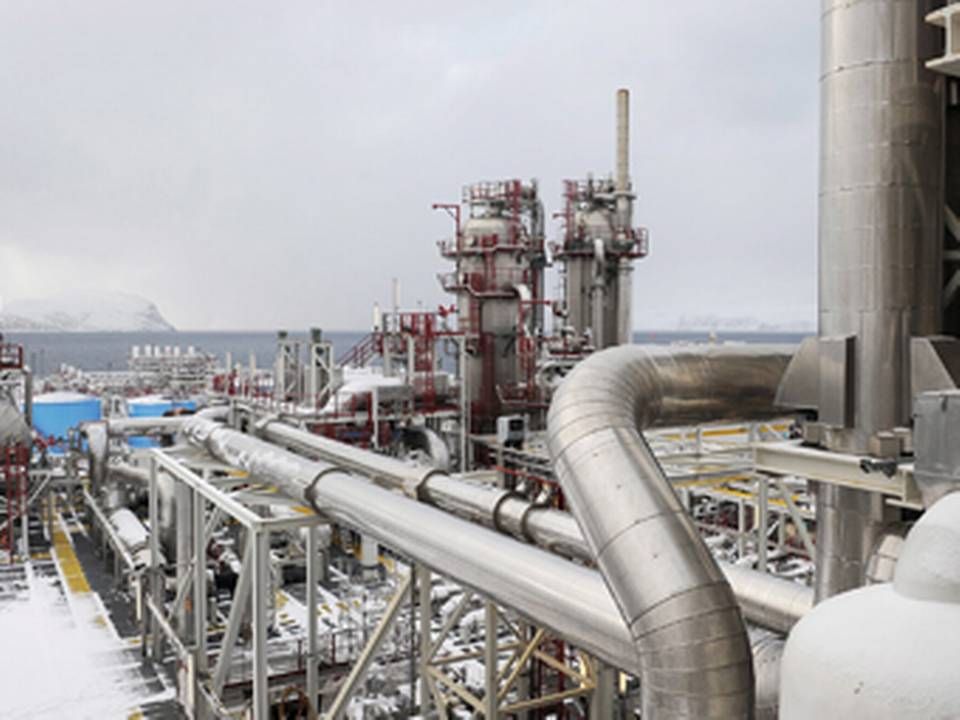


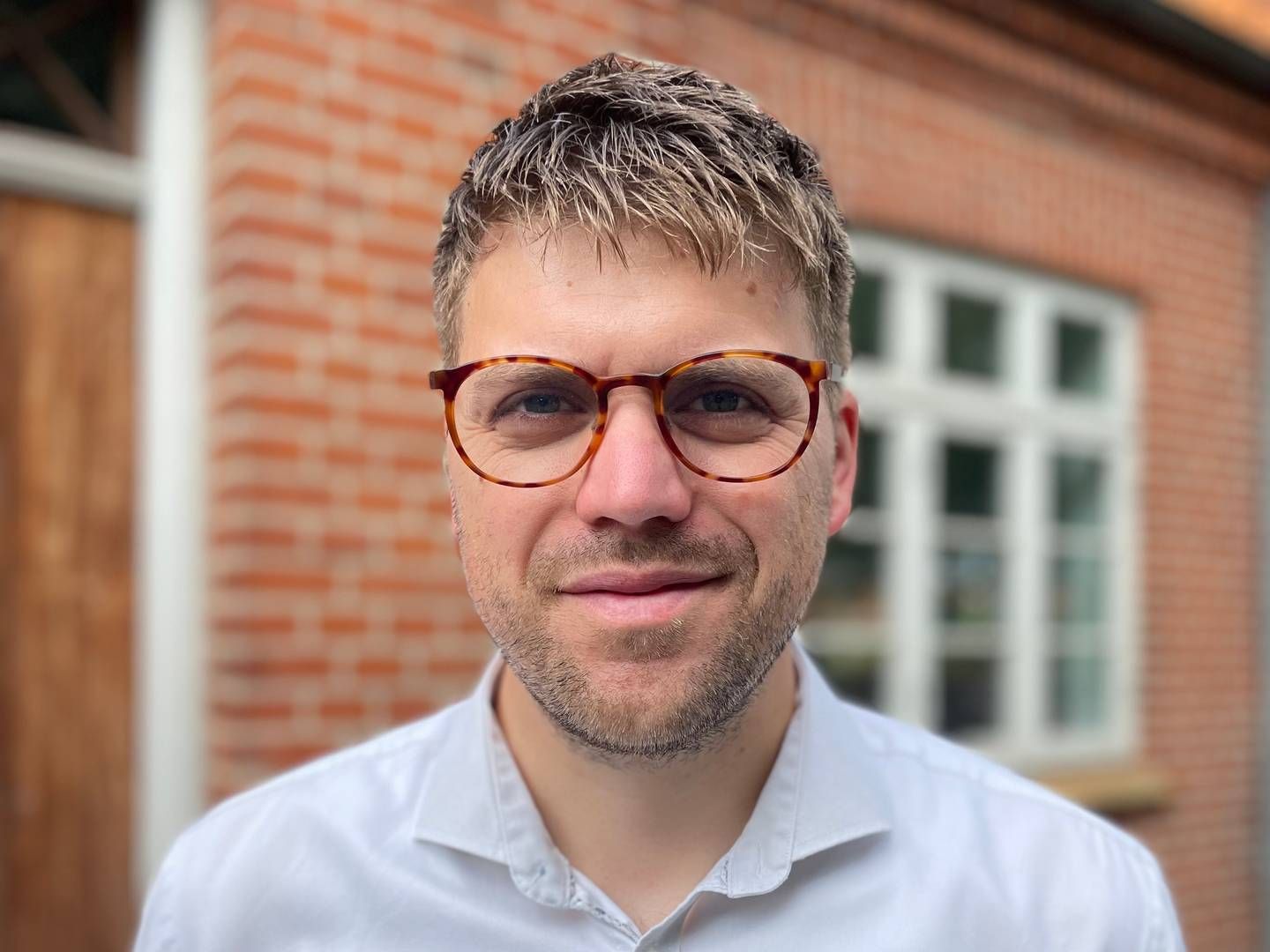
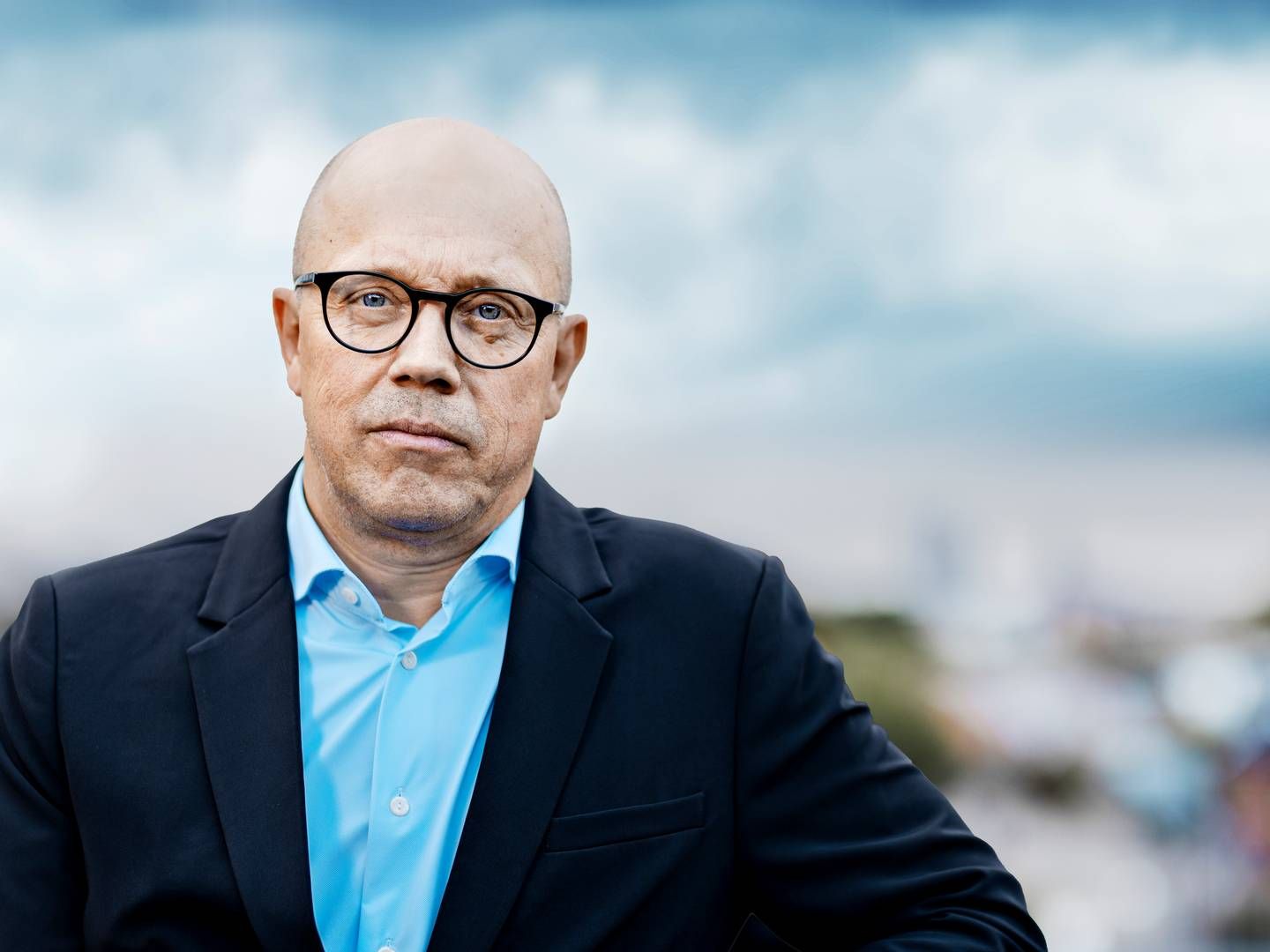



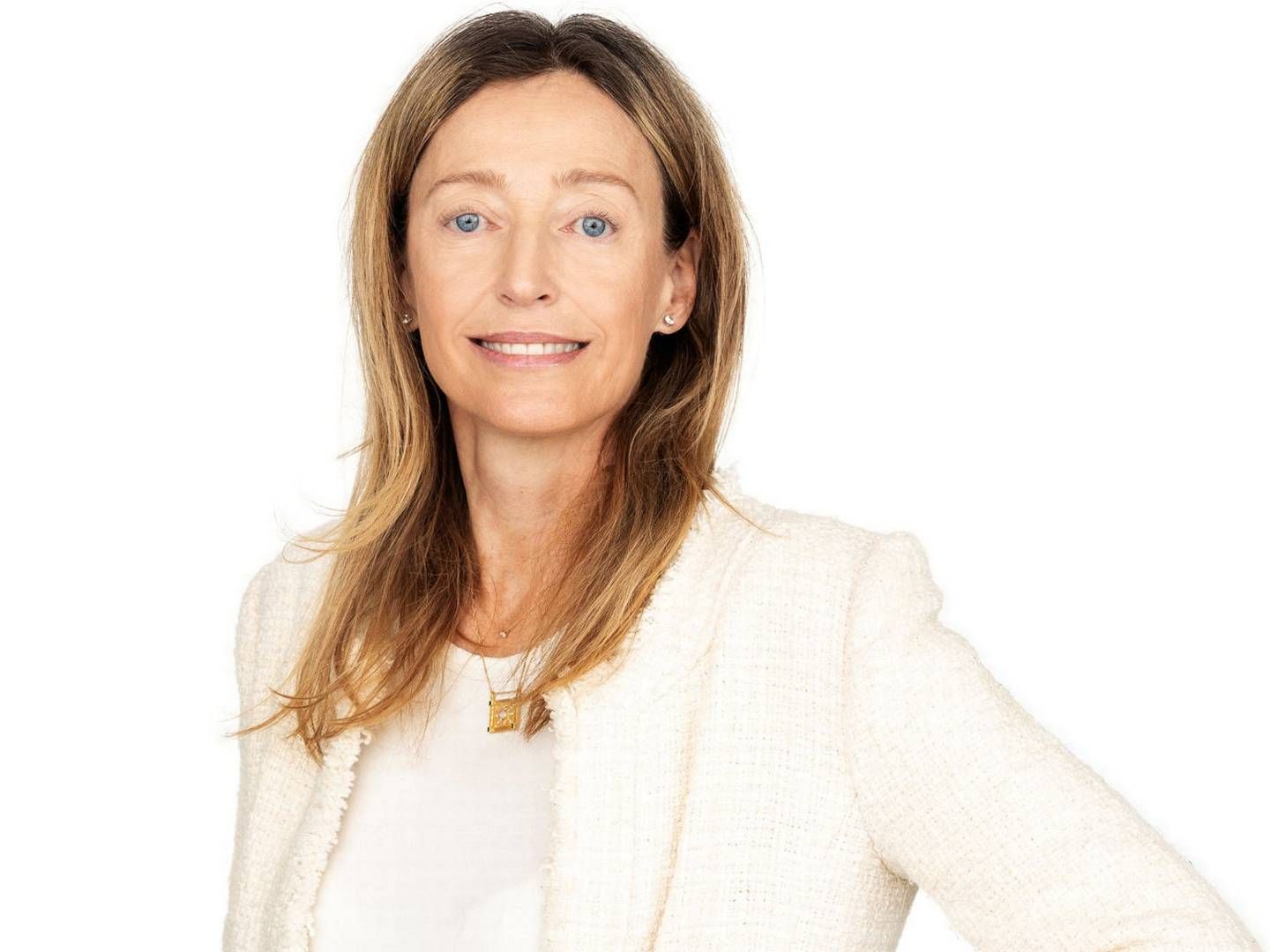

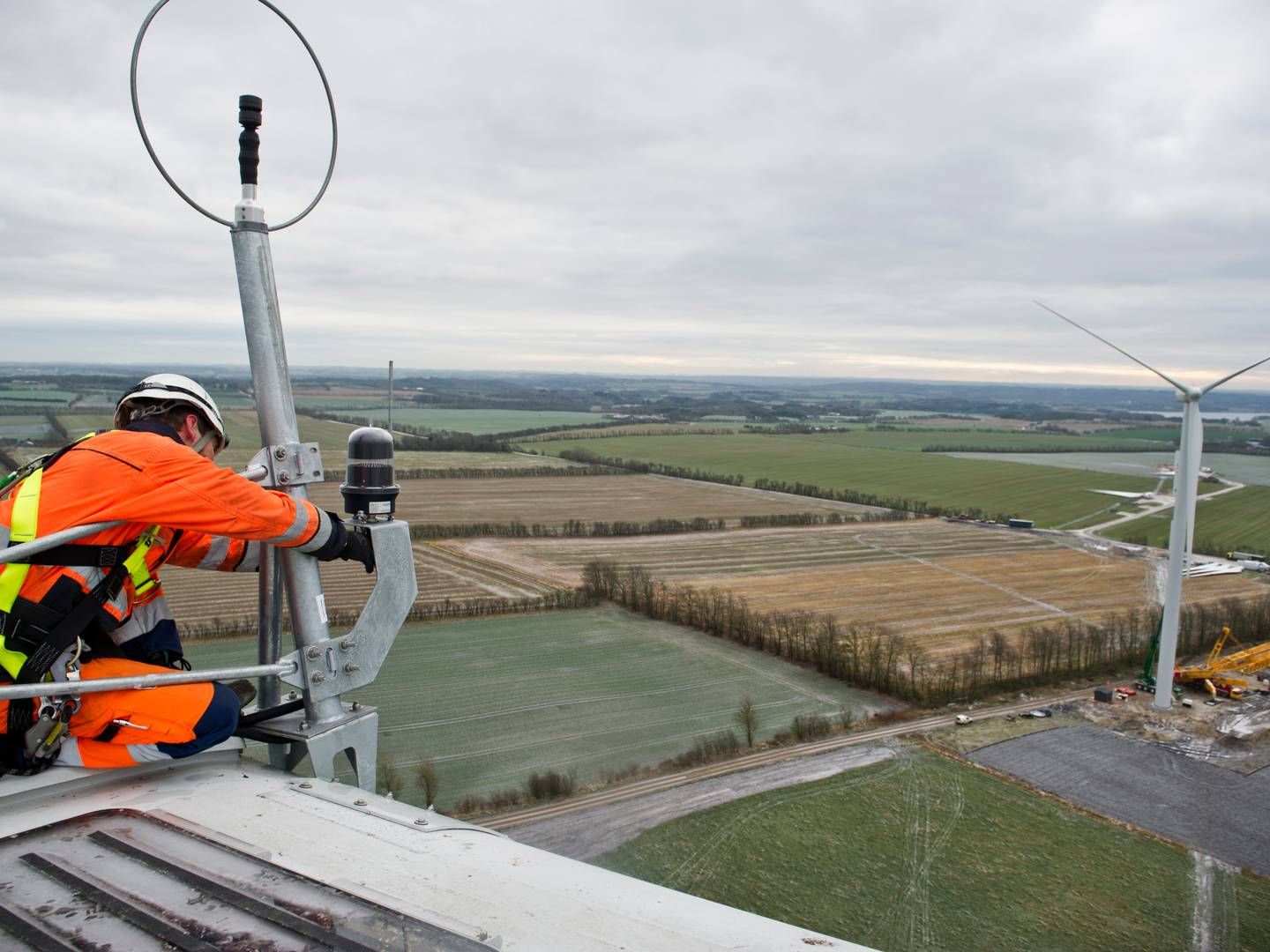
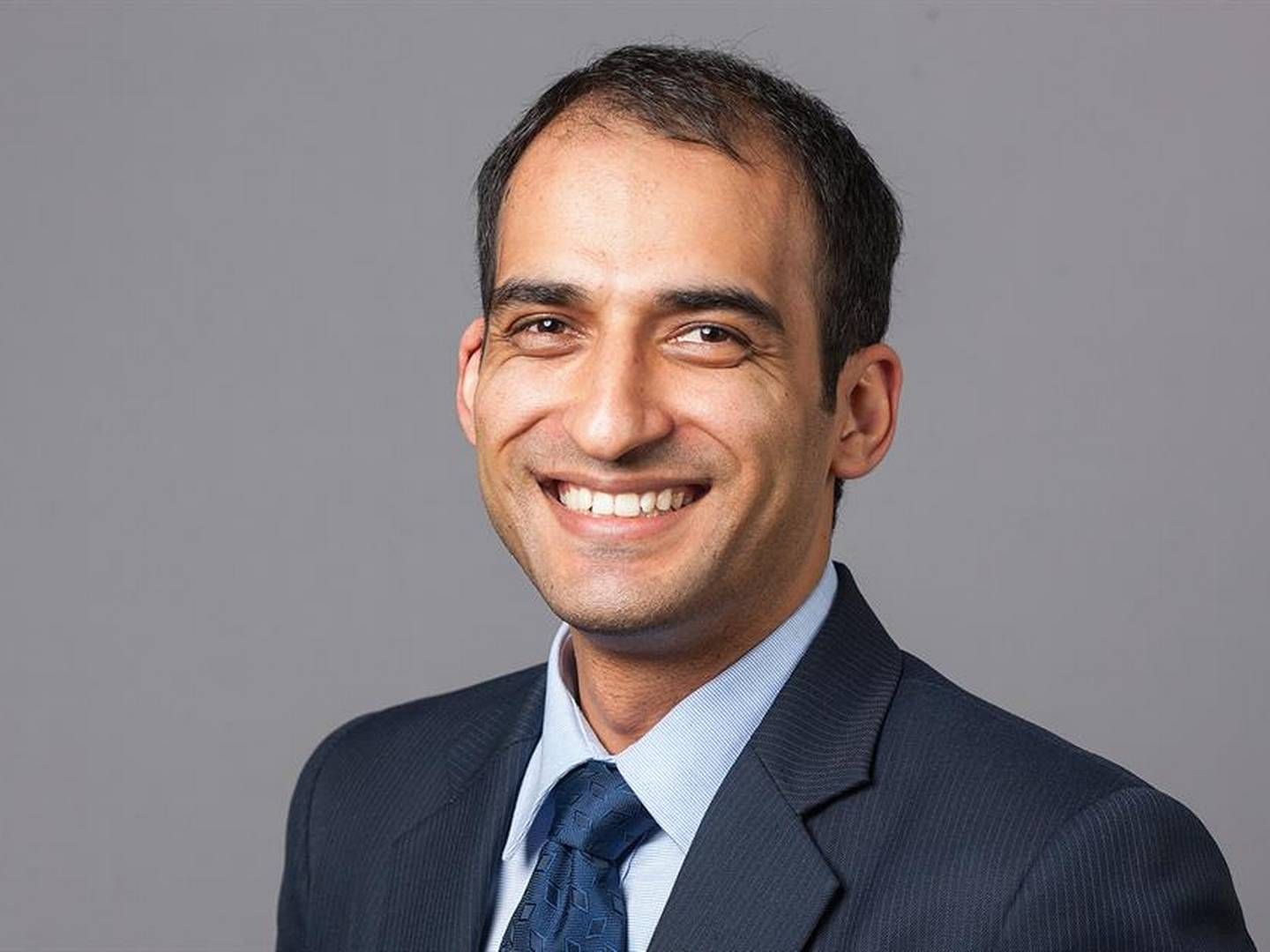


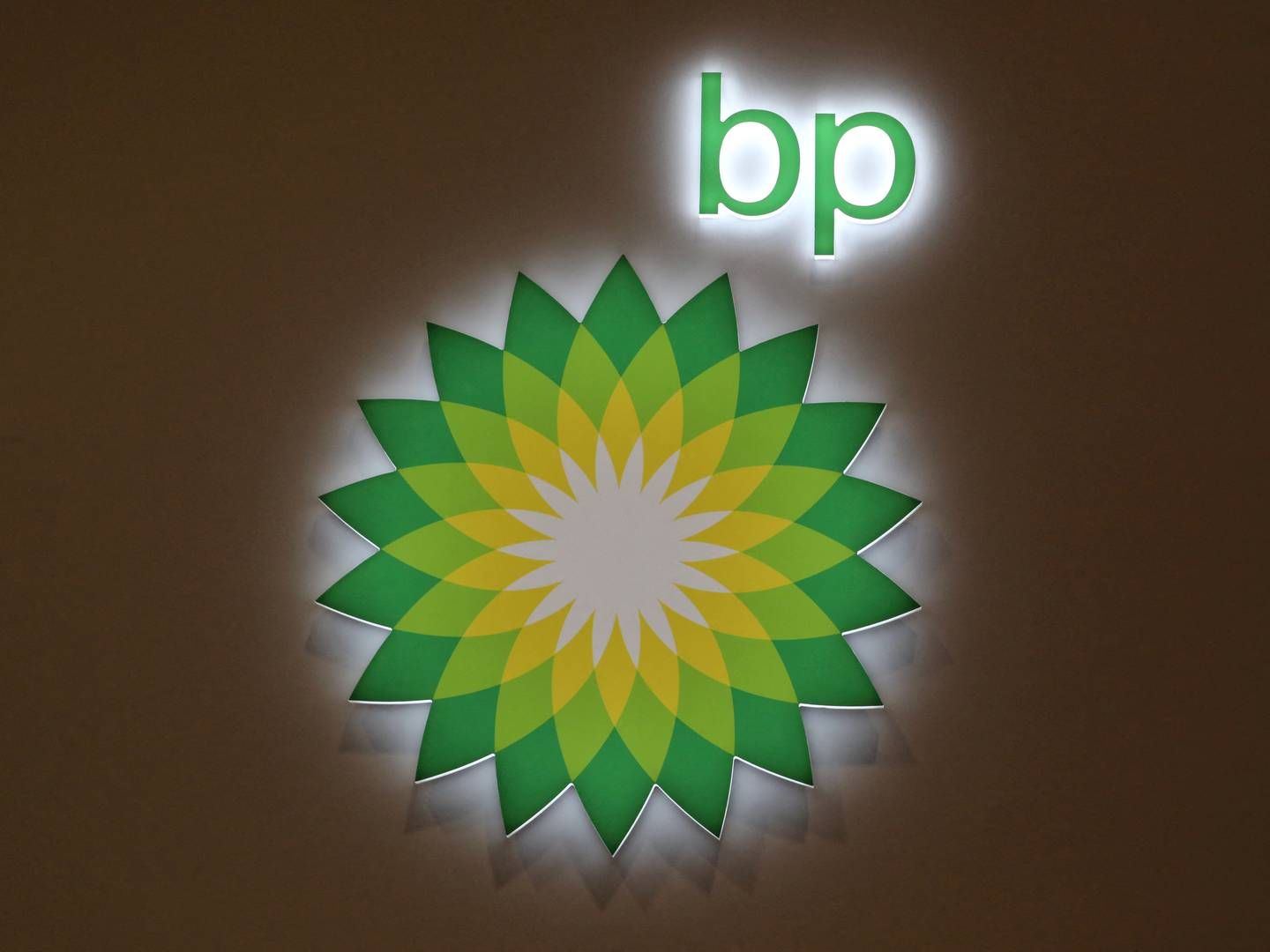
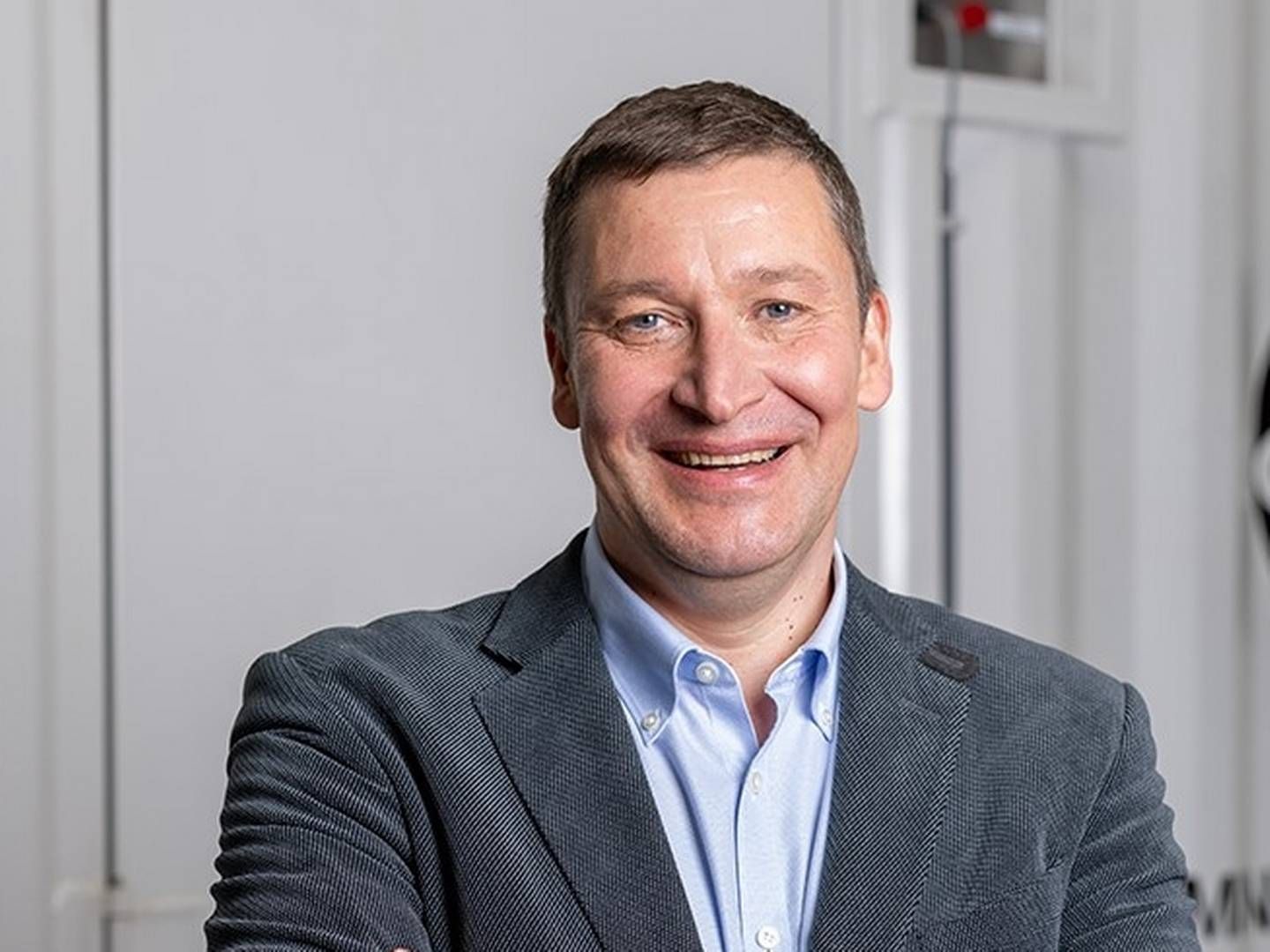




.jpg&w=384&q=75)


